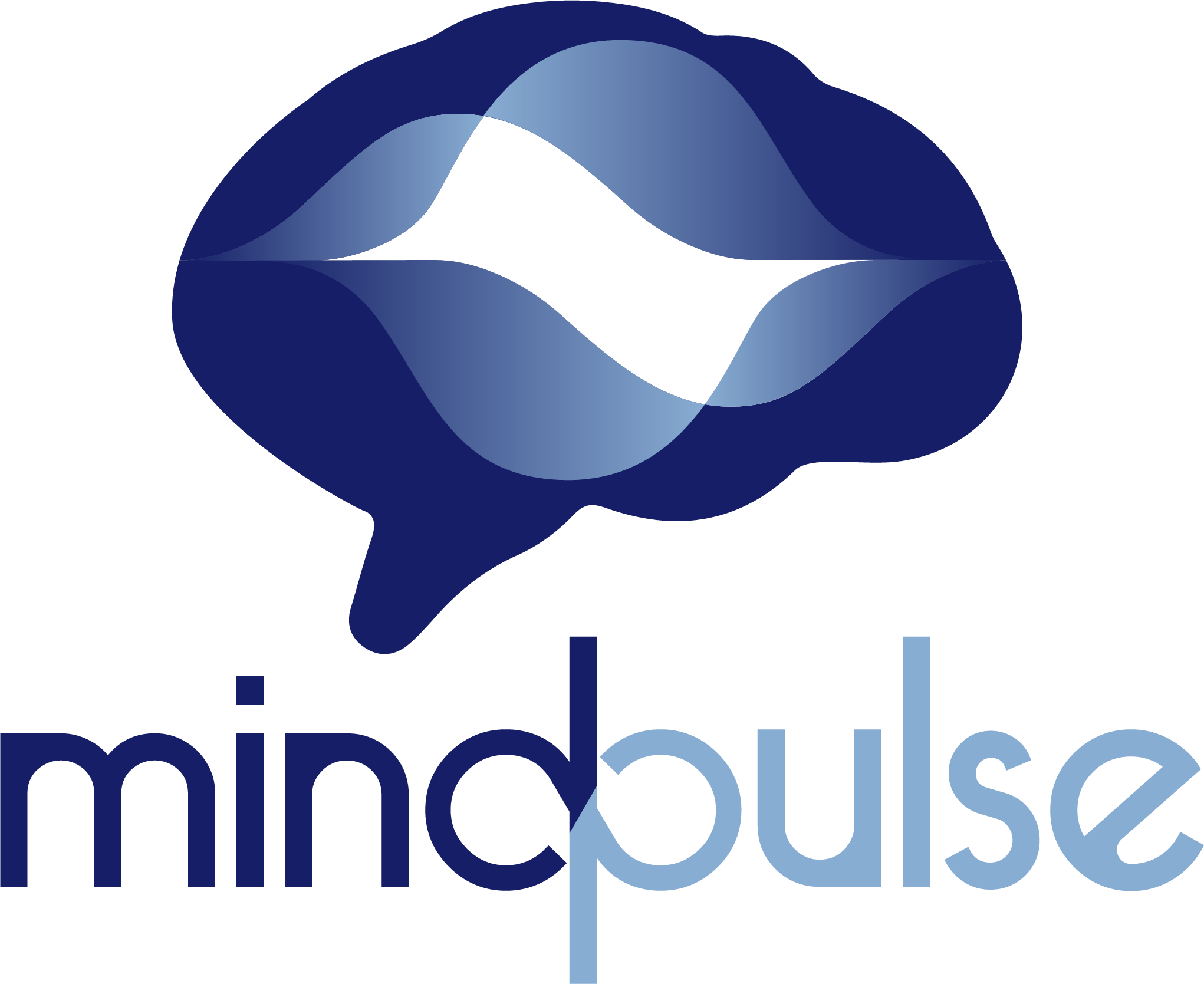Clinical cases
Discover examples of clinical cases
Pauline, 14 years old, executive disorders
Assessment Context:
This case study highlights how MindPulse provides the opportunity to distinguish between primary executive impairment and attentional impairment.
Mrs D, 56 years-old, COVID FOLLOW-UP
Assessment Context:
Mrs. D underwent an initial neuropsychological assessment in March 2022 in the context of long COVID, with the infection occurring in the fall of 2020. After an extended sick leave and a return to part-time therapeutic work, Mrs. D continues to express difficulties. She wishes to reassess her functioning to understand the persistence of her complaint and the evolution of her profile.
This case study provides a comprehensive follow-up on the natural progression of a long COVID case three years after the infection and a year and a half after the initial assessment.
Patient: Antoine, 16 years old, experiencing learning difficulties
Assessment Context: Antoine is seeking evaluation due to “moderate” learning difficulties in an adolescent diagnosed with dyslexia-dysorthographia and receiving an Individualized Education Plan (PAP) for these conditions. The family emphasizes a “lack of concentration” in the young man, while the boarding school he attends describes a lack of organization in a willing and attentive young boy. His oral skills are consistently excellent.
The assessment is conducted to gain a deeper understanding of the young man’s functioning and to address attentional and executive questions.
Mrs. L, 59 years old, COVID-19
Context of the assessment : Mrs. L is a 59-year-old woman with a good sociocultural background who was infected with COVID-19 in September 2020. The infection was severe and led to hospitalization. Since then, Mrs. L has been on leave and unable to resume any professional activity, even on a part-time basis. Mrs. L experiences a significant complaint regarding fatigue, as well as executive dysfunction: attention deficits, feelings of overwhelm and overload, an inability to organize, and a significant slowing down.
Since her infection, Mrs. L has also developed significant sleep disturbances and a significant anxiety-depressive symptomatology, which remains untreated.
Mrs. I, 53 years old, TIA "mini stroke"
Context of the assessment: Mrs. I, aged 53, was the victim of a suspected TIA 6 years ago, nothing showed up in the imagerie, however the clinical symptoms were apparent. Since then, she had strong attentional and executive complaints and had to significantly modify her professional activity as a result (reduced working time and professional reclassification). Despite this, she expressed severe fatigue and a feeling of being overwhelmed in her daily life.
Mrs. I has a high level of education, has no thymic disturbances, sleep disorders nor history apart from this TIA episode.
FABIAN, 13 years old, ADHD
Context of the assessment: ADHD diagnostic made 4 years ago. No development peculiarities. Studies have been normal but requires enormous effort. Behavior is impulsive, sometimes aggressive. Slowness in everyday activities and maintaining attention over time is difficult.
Madame S, 56 ANS, COVID-19
Assessment Context: Mrs. S, 56, tested positive for COVID-19 in the spring of 2021, with central and peripheral neurological symptoms, and muscle symptoms (to learn more about these symptoms, feel free to consult the great article that we wrote HERE). 3 months later, Mrs S still presents a strong attentional, memory and language complaint and has not been able to resume her professional activity. Mrs. S also has a history of sleep disorders, amplified since COVID.
JULIA, 13 YEARS OLD, SUSPICION OF ASD
Assessment Context: Julia is received in the context of social interaction difficulties, present since childhood and in association with sensory particularities. Julia is in 8th grade. Learning is satisfactory, but her socialization remains limited. The second degree, irony and empathy remain inaccessible. The anamnesis highlights a strong demand on the part of Julia, as well as her family, to better understand her cognitive and emotional functioning.








